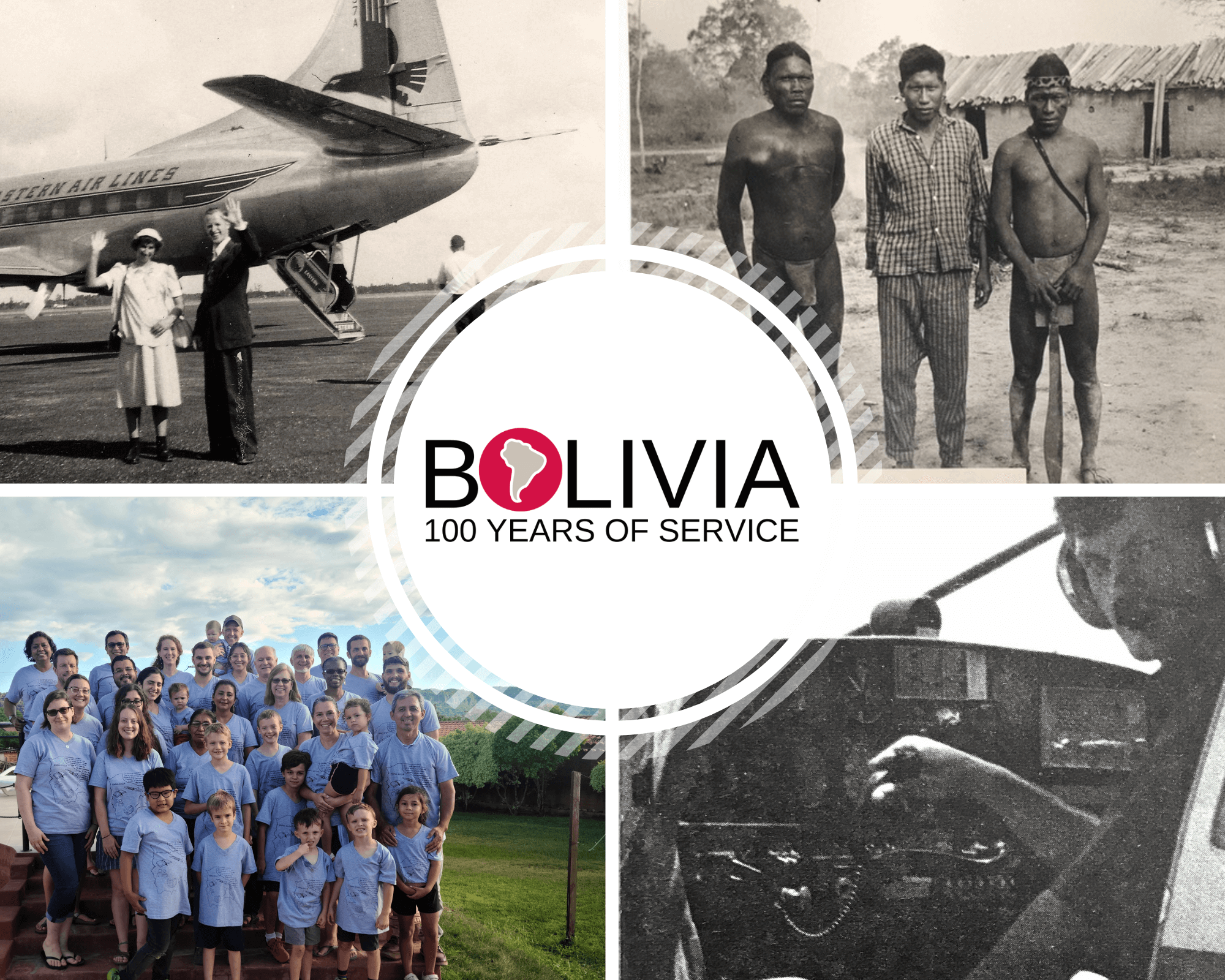
Remember and Celebrate
REMEMBER…A simple concept with powerful potential. Remembrance is a key concept throughout the Bible. God’s people are called to remember His promises, His commands, and His mighty works. The Psalmist declares in Psalm 77:1, “I will remember the deeds of the Lord; yes, I will remember your wonders of old.” We see the power of remembering in Lamentations chapter 3. In verse 18 he writes, “My endurance has perished; so has my hope from the Lord.” Yet in verse 21 his attitude changes completely when he chooses to remember the goodness of the Lord in the past. He says, “But this I call to mind, and therefore I have hope: The steadfast love of the Lord never ceases; his mercies never come to an end; they are new every morning; great is your faithfulness.” Just like the Psalmist and the writer of Lamentations, we can choose to remember and meditate on difficulties, obstacles, and afflictions that will cause our hearts to become cast down and can even lead to depression. Or, we can choose to remember and meditate on the goodness and faithfulness of our Lord in the past which has the power to fill us with hope and faith for the present and the future.
This month we are remembering and celebrating 100 years of God’s faithfulness and mighty works since the first SAM missionaries entered Bolivia in 1922. Those first missionaries faced many trials and some were even persecuted. Others made first contact with certain tribal groups in Bolivia. They preached the Gospel and established churches and schools, and God was faithful. Now 100 years later, as Field Director of SAM Bolivia, in the midst of political unrest and other challenges, I am choosing to remember and concentrate on God’s mighty works in Bolivia over the last century, and I’m trusting Him to continue to do amazing things in and through South America Mission in Bolivia in the coming years. I am excited that our SAM Bolivia team is now working alongside an indigenous church association made up of believers from those same tribal groups that SAM missionaries made first contact with decades ago. It fills me with joy to see our team helping Bolivian churches planted by SAM missionaries decades ago, to train and send their own people as missionaries to take the message of salvation around the world to some places that have never heard, just like those first SAM missionaries brought the Gospel to Bolivia when many in that nation had never heard. These are only a few of the areas where we are seeing fruit from 100 years of service and God’s faithfulness, and we are expecting to see much more as we move forward in His power and for His glory.
As we pray together this month for the needs of our missionaries and ministries, let God’s faithfulness motivate us and renew our hope and faith for tomorrow.
1. Pray for the Bittners. Micah and Haley serve in Santa Cruz, Bolivia. Micah is a mechanic with the SAMAIR team. They worship and serve at their local church, Iglesia Antioquia, joining a couples small group and serving the youth group. They are transitioning from short-term (1-2.5 years) to long-term (3+ years) service with SAM. Please pray for an upcoming support-raising trip from October to December.
2. Pray for Proclama. Proclama desires to see churches in Bolivia contribute toward the completion of the Great Commission by being a strong gospel witness in their communities and beyond. The Proclama team works to mobilize and equip the Bolivian Church to send Bolivian missionaries to the unreached around the world. Please pray for Proclama to become registered as a legal Bolivian entity and for finances to sustain this ministry, either through donations or through new potential “business as mission” ventures.
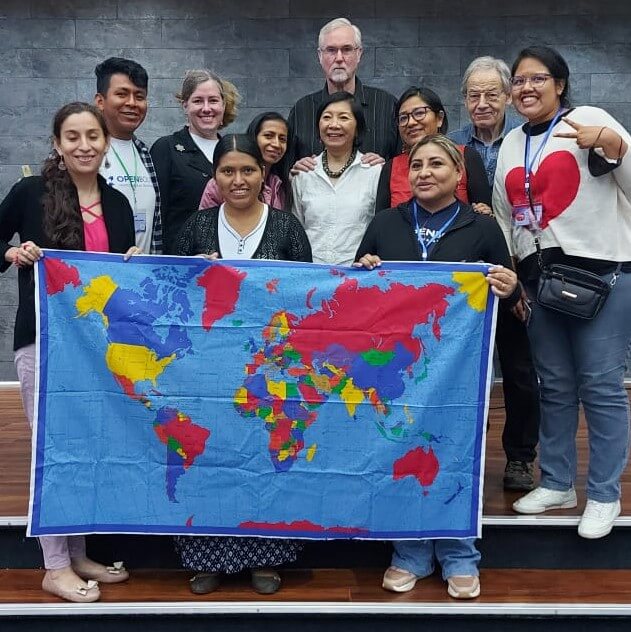
3. Pray for Jeff HAuse and ReFocus. ReFocus, a ministry aimed at helping churches discover the vision and niche God has for them in their community, first came to Bolivia in February 2020. At that time COVID restrictions and distancing were just gearing up in Bolivia so the first conference had only a limited live attendance. Jeff HAuse was able to translate for pastor Scott Foshie, who continued meeting monthly with the local pastors via Zoom. Jeff translated those follow-up sessions throughout the year. In September a team will travel from the U.S. to Bolivia to host the ReFocus seminar. It will again be held for a wider audience. The team will also be doing an evangelistic outreach. Please pray that God will use ReFocus ministry to help churches focus on the ministries that would prove most helpful in the areas God has placed them.
4. Pray for Natalie Suff. Member care for missionaries involves walking alongside fellow servants offering encouragement, friendship, and guidance. The goal is building and supporting spiritually, emotionally, relationally, and physically healthy missionaries. In Bolivia, Natalie is cultivating the ministry of member care. As she develops and expands member care, please pray for opportunities to encourage and disciple local Bolivian friends as well. Please pray for wisdom and guidance for Natalie and that the Lord uses these relationships for His glory.
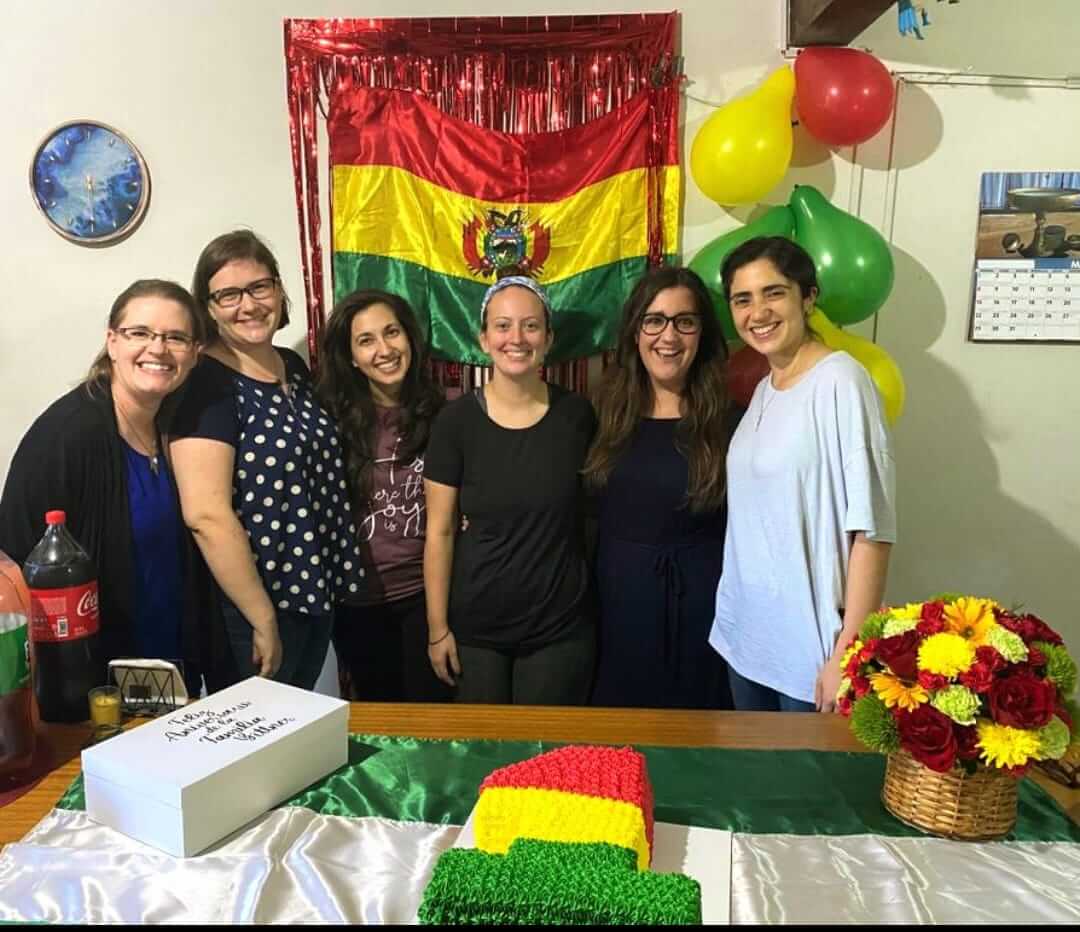
5. Pray for Greg Dahl and SAMAIR. SAMAIR Bolivia partners with local churches and ministries to serve the spiritual and physical needs of isolated communities in the northern and eastern lowlands. Providing air transportation and other logistical support, they help with a wide variety of needs, from medical support to Bible training. Greg, a pilot and mechanic, leads the ministry of SAMAIR in Bolivia. Pray for Greg, his family, and the ministry of SAMAIR Bolivia.
6. Pray for the Millers. The Miller family is preparing to serve in Bolivia with the SAMAIR team. Please pray for them to have clear minds as they study Spanish and open hearts as they study the Latino culture at Rio Grande Bible Institute in Texas. Pray for their three children who are attending bi-lingual preschool and daycare on-site.
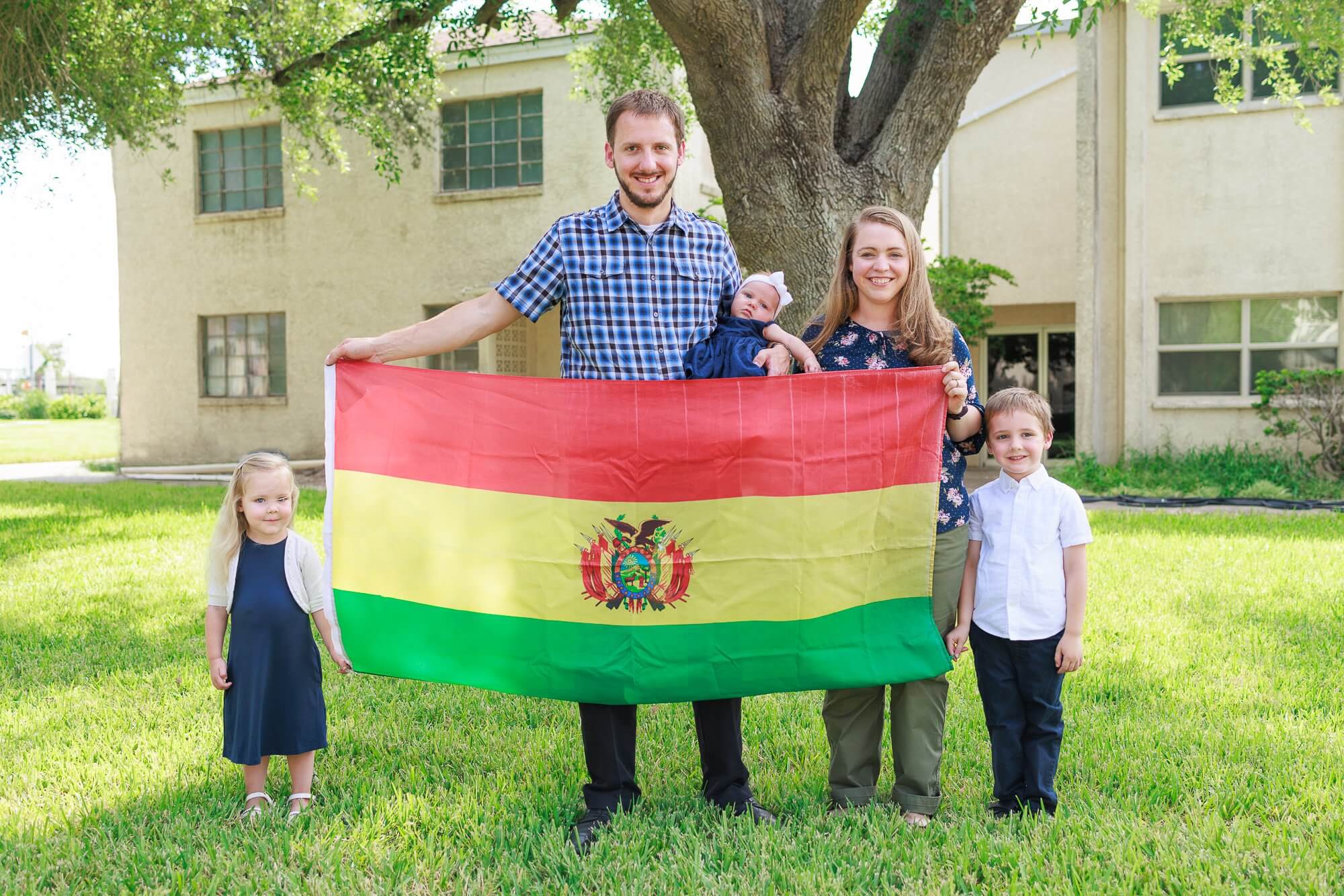
7. Pray for the Shanks. Mike and Marina arrived on the Bolivia field this past spring. They are still in a process of discernment and orientation to the ministry areas and culture. Please pray for wisdom and resilience as they explore their new community. Pray also for good health and patience as they continue to adjust to a new climate.
8. Pray for the Weigners. Jason and Jenna serve in eastern Bolivia with the Indigenous Rural Outreach team. Jenna is a midwife to the surrounding communities, and Jason is an agronomist collaborating with the Torre Fuerte Indigenous Discipleship Center leadership team. Their four growing boys attend a local school and also homeschool. Please pray for the upcoming indigenous women’s conferences this fall at Torre Fuerte. This year, they will host three smaller conferences for three different indigenous groups: the Ayore, the Chiquitano, and the Cavineño.
9. Pray for the Ryans. Eric and Zola are preparing to serve in eastern Bolivia with the Torre Fuerte Indigenous Discipleship Center. They have hearts for discipleship and look forward to participating with students and staff in economic and agricultural development initiatives. Please pray for their support raising efforts and to receive full funding soon. Pray also that their house will sell in a timely manner so they can get to the field as soon as possible.
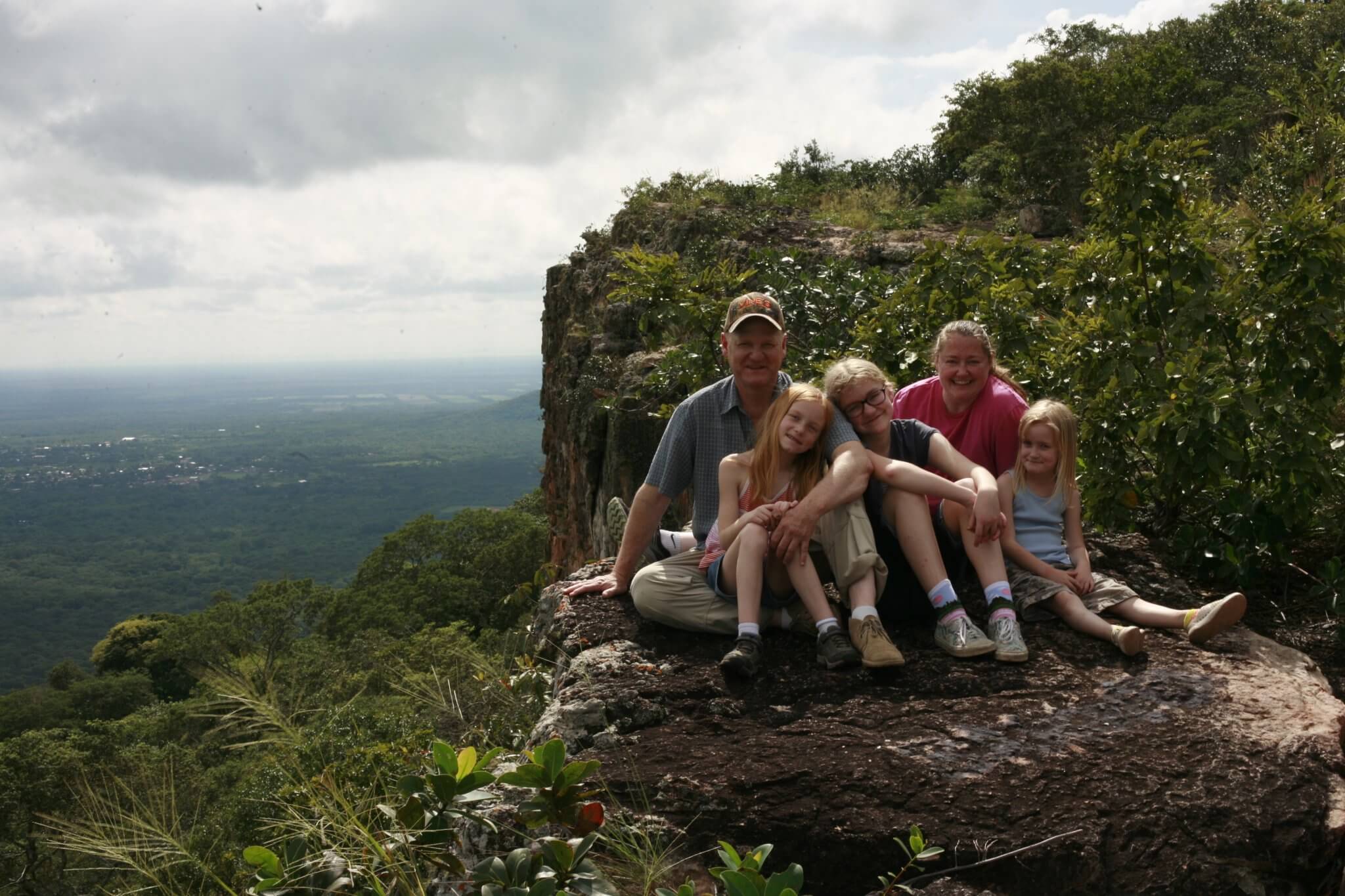
10. Pray for the Ortiz family. Dalmiro and Laura serve in Santa Cruz, Bolivia. They are currently on Home Ministry Assignment in the U.S. During this time, they are visiting supporters, friends, family, and churches. Their kids are adjusting to a new school. In Bolivia, some needed renovations are underway on their home. Pray for the Ortiz family during this time of travel and transition.
11. Pray for the Netzlaffs. The Netzlaff family has served alongside SAMAIR Bolivia and Bolivian missionaries since 2018 making contact and building relationships with the Araona tribe. They currently have various projects to reach the Araona people in rural northern Bolivia, including a radio station and finishing the translation of the Bible in the Araona language. They recently joined SAM as missionaries. Pray for the Netzlaff family as they raise support and work to reach indigenous people for Christ.
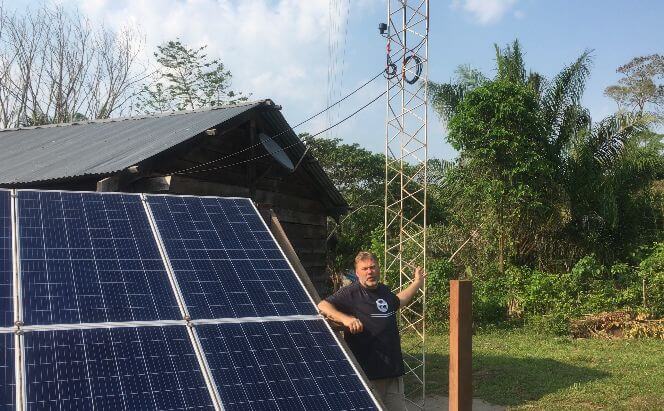
12. Pray for the Smiths. The Smiths are preparing to serve with SAMAIR in Santa Cruz, Bolivia. They are currently in Spanish language school in Costa Rica. When not in class, they are hoping to serve with the ministry of Young Life. Please pray that, in both class and ministry, God will give them language proficiency, sweet fellowship, and a great love for Latin America. Pray for their three girls who are attending bi-lingual preschool and childcare on campus.

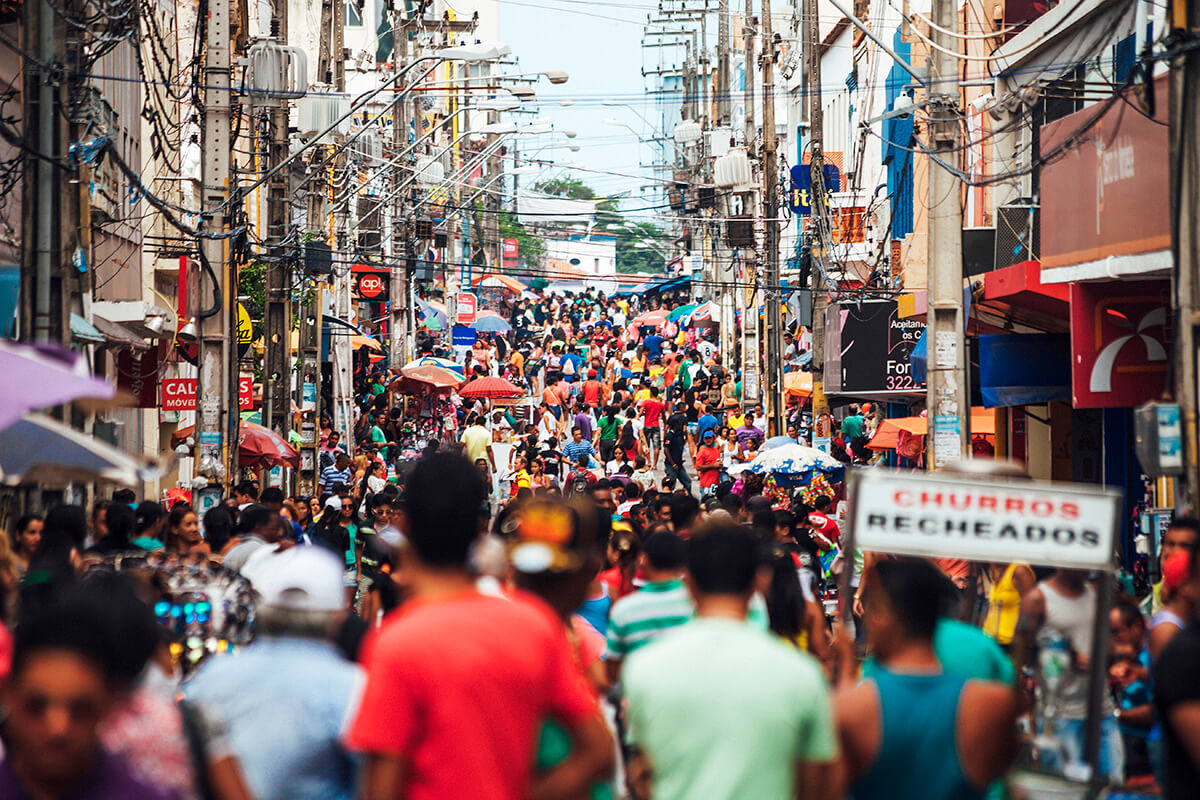

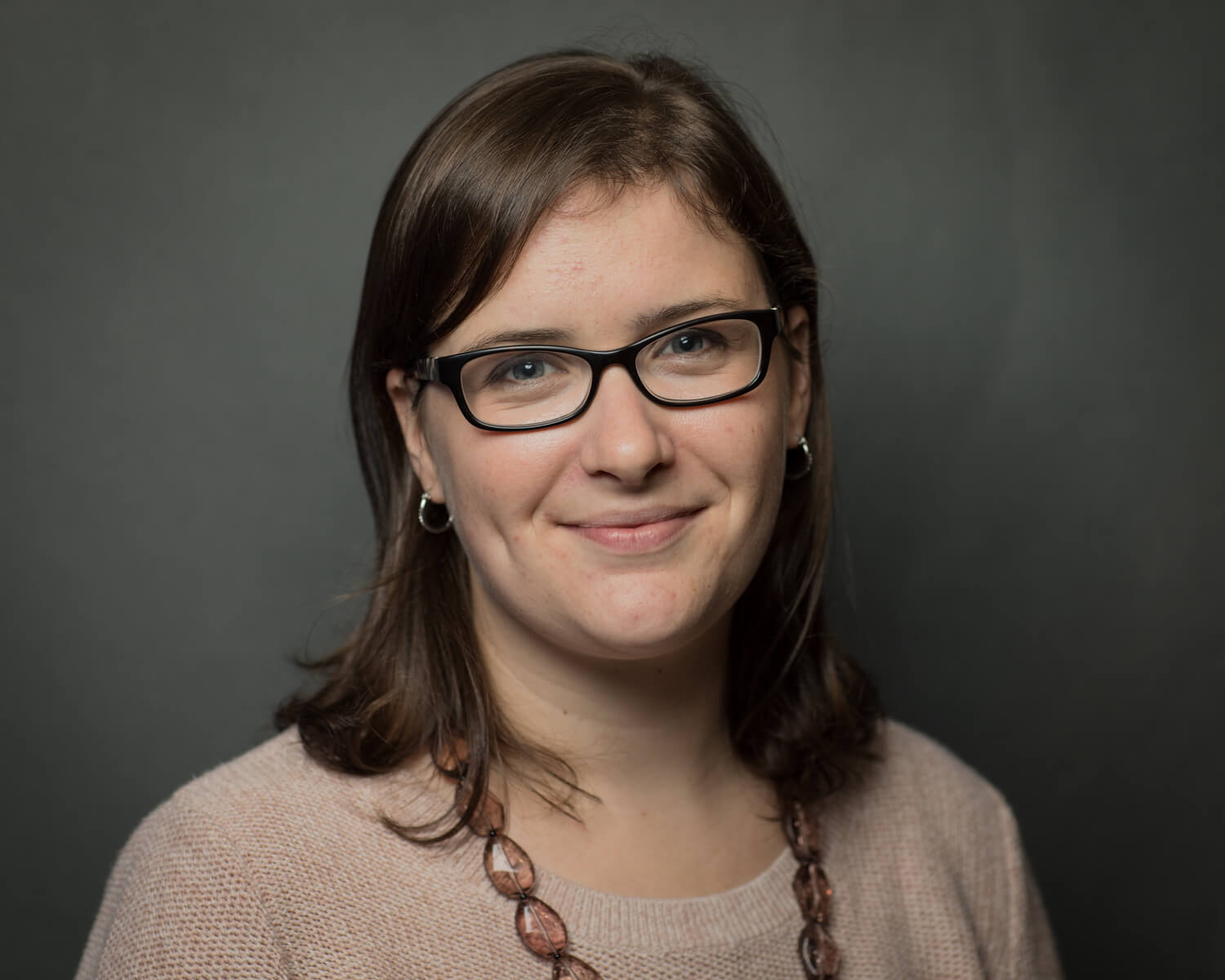
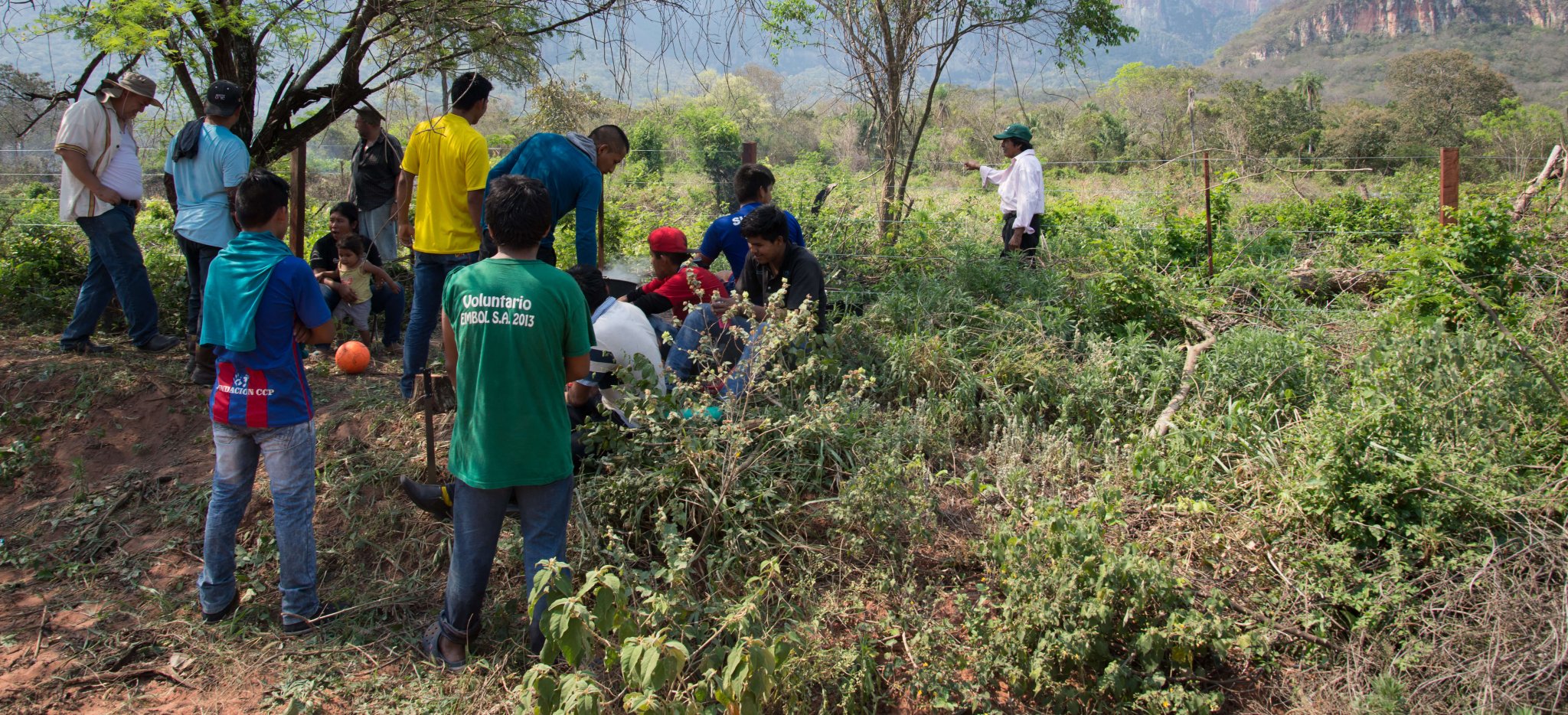
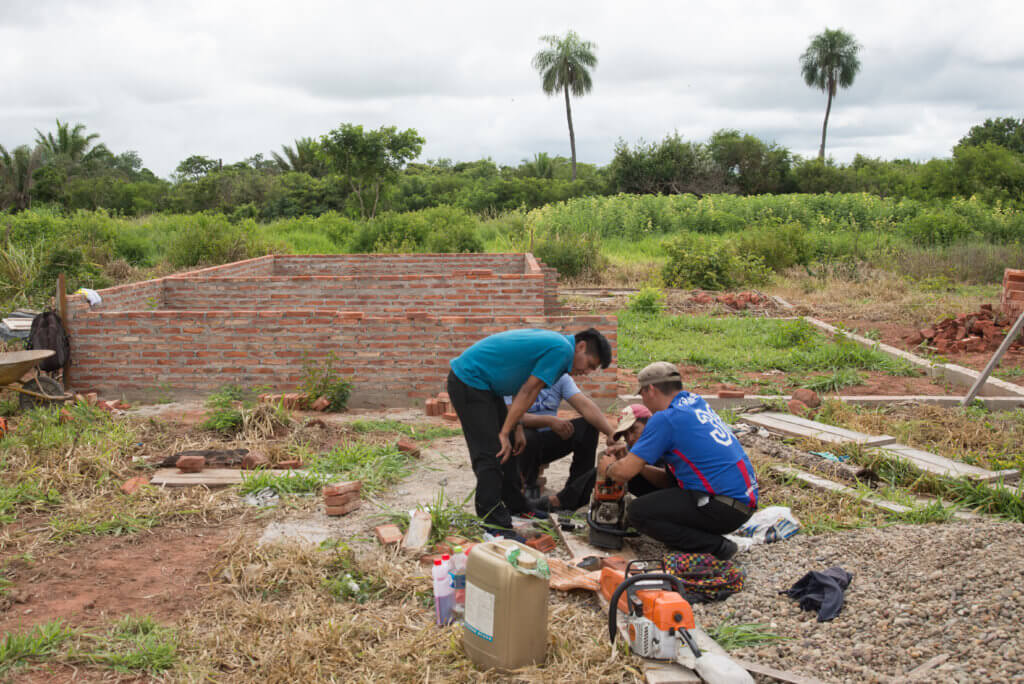
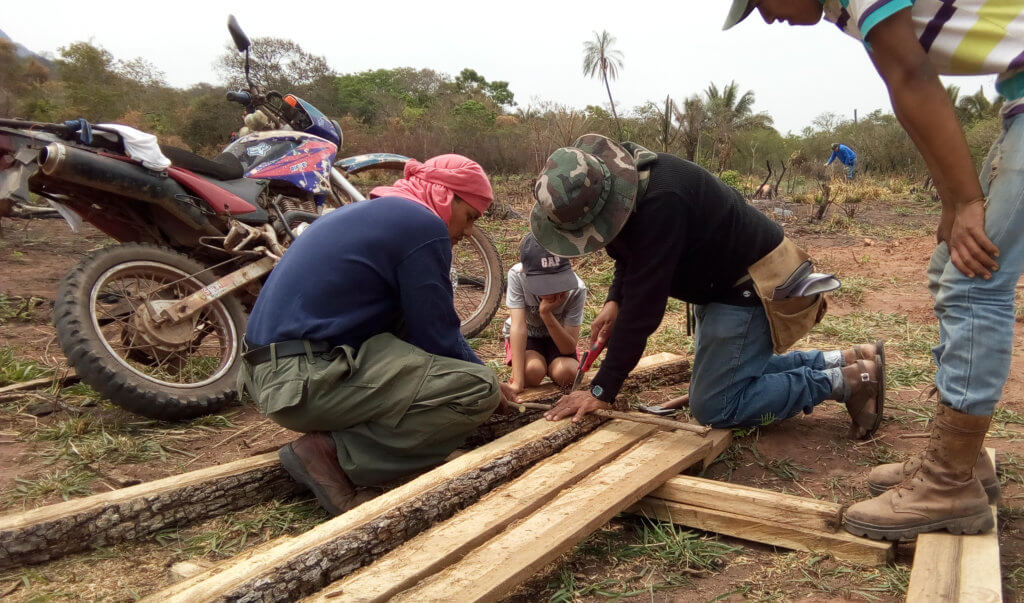

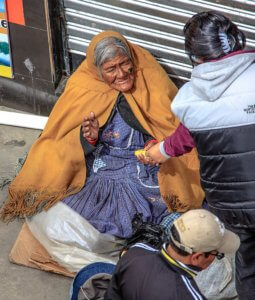 Laurie and her husband serve in professional class ministry, interacting daily with pilots, lawyers, doctors, dentists, academic and civic leaders in Santa Cruz. Though her ministry focuses mostly on the middle and upper classes, she sees the direct connection to the impoverished communities around her: “As overwhelming as the depth of poverty reaches here, what if there was revival at all levels in Bolivia? What if professionals with the ability to make a change were awakened to how God has called us
Laurie and her husband serve in professional class ministry, interacting daily with pilots, lawyers, doctors, dentists, academic and civic leaders in Santa Cruz. Though her ministry focuses mostly on the middle and upper classes, she sees the direct connection to the impoverished communities around her: “As overwhelming as the depth of poverty reaches here, what if there was revival at all levels in Bolivia? What if professionals with the ability to make a change were awakened to how God has called us 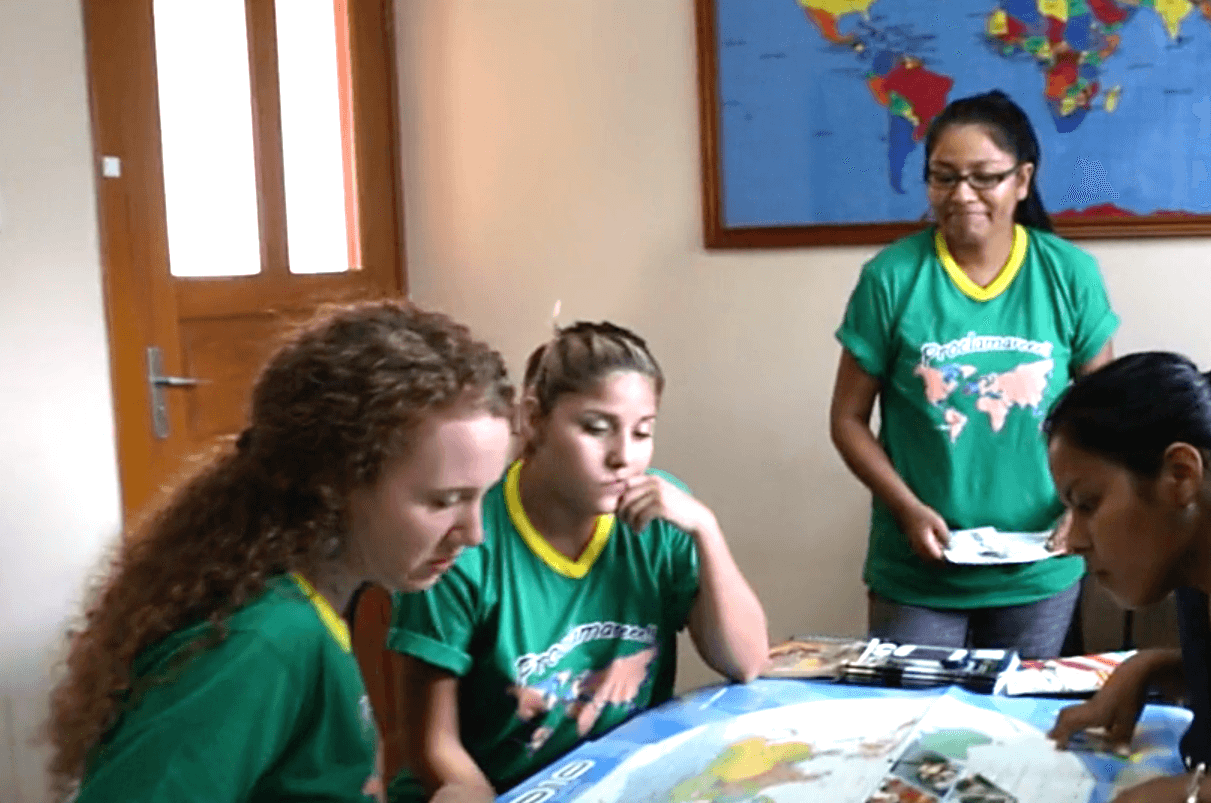
 The Centro de Entrenamiento Transcultural or CET, based in Cochabamba, Bolivia, invited Dana to receive mobilization training in order to help local Bolivian churches develop a vision for their participation in God’s global mission. Though this encounter with CET felt like an accident at the time, 14 years later, it has become the resource and responsibility of
The Centro de Entrenamiento Transcultural or CET, based in Cochabamba, Bolivia, invited Dana to receive mobilization training in order to help local Bolivian churches develop a vision for their participation in God’s global mission. Though this encounter with CET felt like an accident at the time, 14 years later, it has become the resource and responsibility of